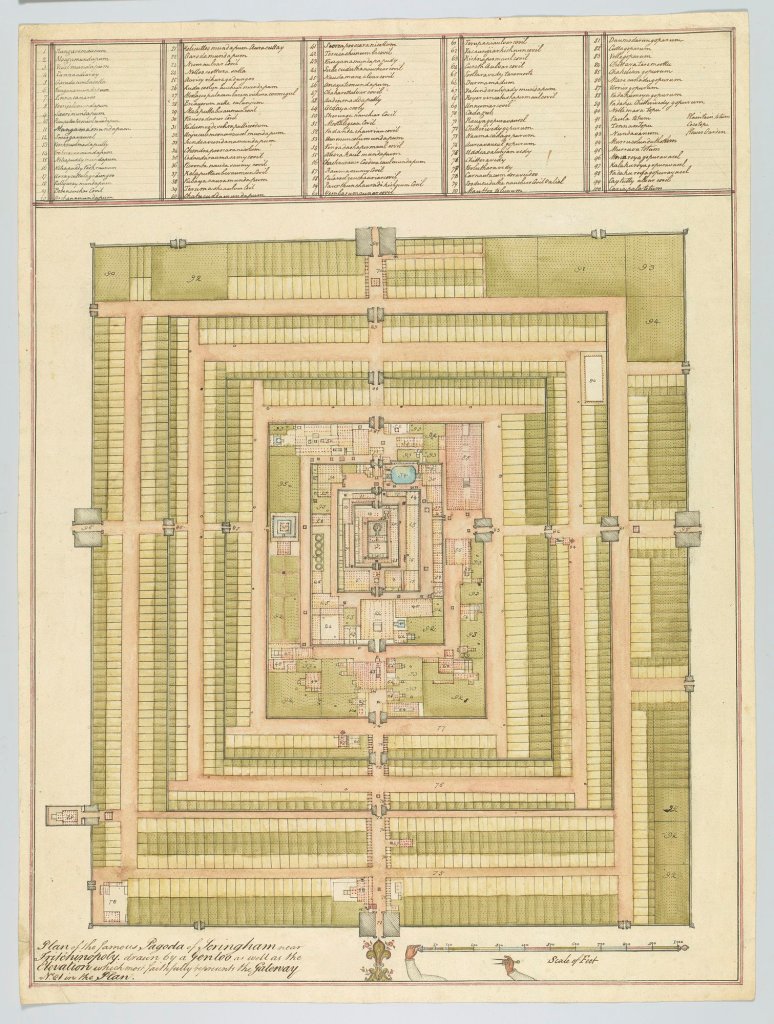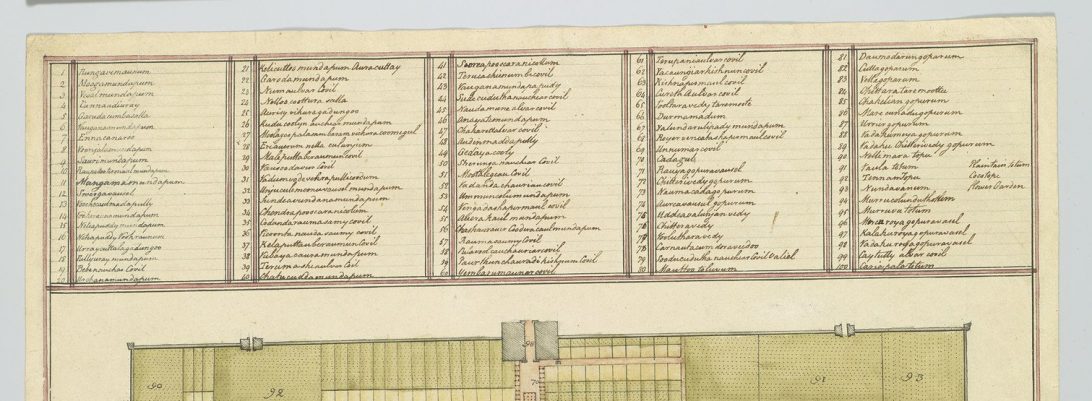
Linguistic Survey of India, – Vol. 1, Part 1., by Sir Abraham Grierson: https://dsal.uchicago.edu/books/lsi/lsi.php?volume=1-1&pages=550#page/2/mode/1up
We rarely wonder at the marvel that India is home to an enormous range of linguistic groups; – Abraham Grierson in Linguistic Survey of India, Vol. 1, Part 1, which was published in 1927 (Calcutta: Govt. of India Central Publication Branch), documents the full list of languages that were spoken in India at the turn of the 19th century; the survey – however erroneous and bigoted it sound in its categorization of the languages – is actually a very comprehensive list of the languages that existed and were spoken and is still relevant more than a century later.
Linguistic diversity is a cultural commodity that modernity construes as an aberration. Literary studies need to take a stand; it needs to become more critical as in academia needs to wage culture wars against those who destroy culture; the overarching all powerful reach of technology is the worst enemy as the hegemony of technology and the computer-industries undermine and erode socio-cultural diversity. When obscene amounts of money is spent in building different facets of Silicon Valley all across the globe – it erases the socio-cultural aspects of any society by refusing to acknowledge that they have any relevance in the forward march of technological prowess.
Literary studies cannot afford to constantly re-canonize the literary canon; neither can it limits its focus on texts written in English. It needs to broaden its scope and embrace a larger concept of culture that is non-Eurocentric. If we need to vouch for the necessity of literary studies – as in why do we study literature – herein lies the answer. It is our professional job to preserve the sociocultural diversity that exists in the world and destroy those gargantuan computer-tech institutions that keep on cloning themselves all across the world by coercing local communities to participate in some aspect of technology by erasing their socio-cultural uniqueness. These techno-giants invest enormous amounts of money to ensure that their agenda remains intact – whereby the only lucrative professions are those that are related to technology.
The richest corporate entities in the world – deal with some aspect of technology; – and thereby people in socio-culturally diverse countries are coerced to follow suit as they have little options otherwise.

